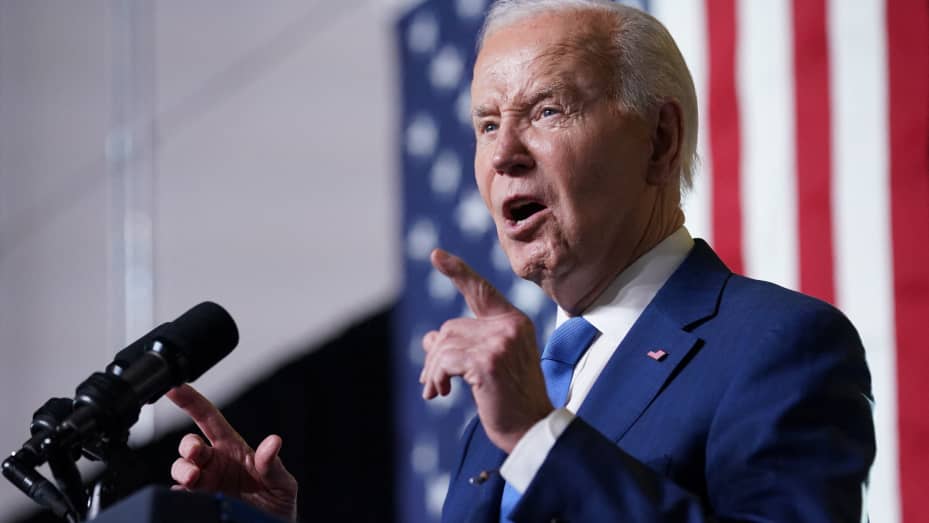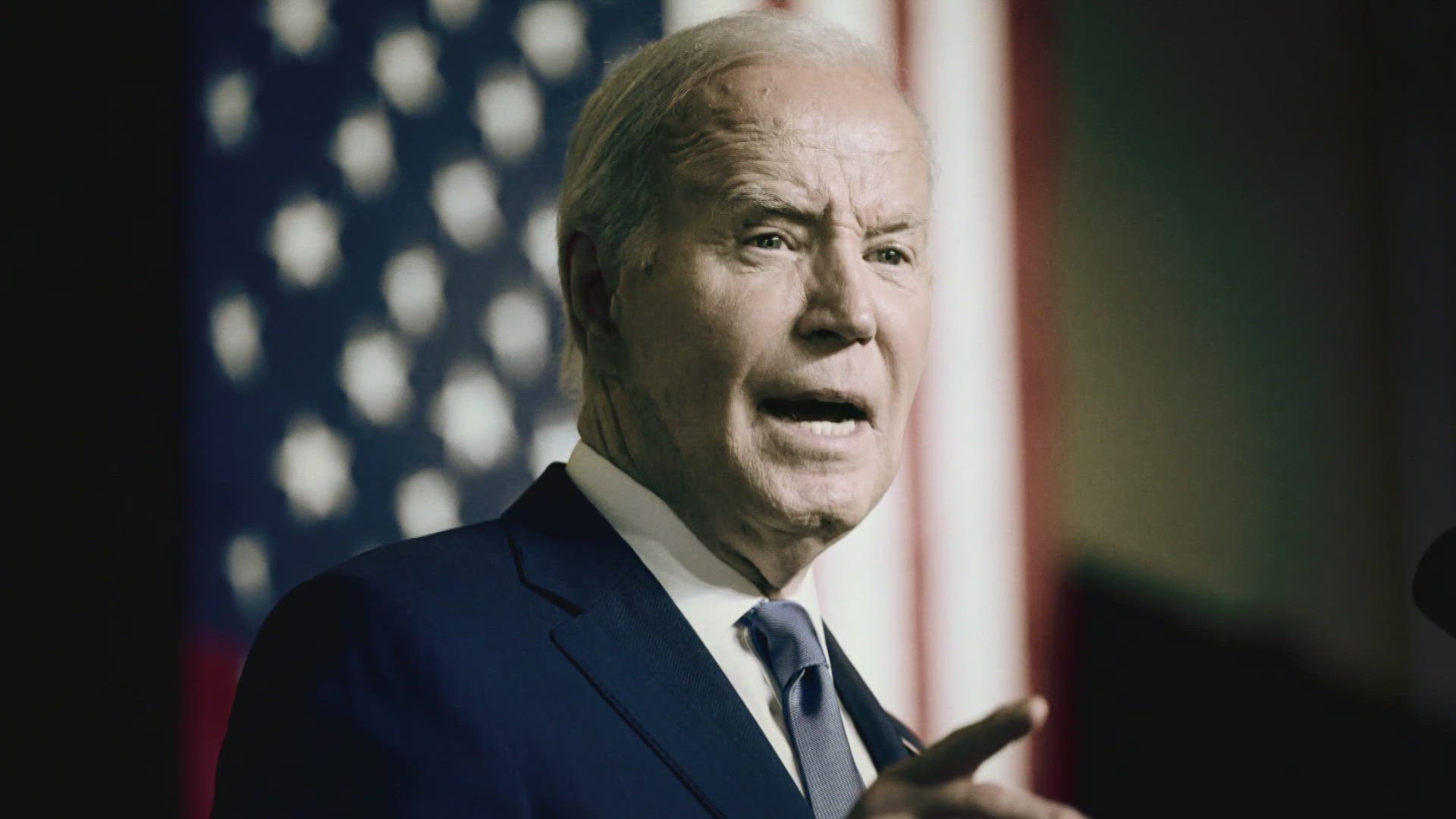President Biden declared on Wednesday that the United States would refrain from providing Israel with offensive weapons for potential operations in Rafah. This announcement coincided with his acknowledgment of Israel’s utilization of powerful American-made weaponry in lethal attacks within Gaza. During an interview with CNN, the president addressed the recent halt of a shipment of 2,000-pound bombs to Israel, acknowledging their connection to civilian casualties in Gaza.

Conditional Support and Concerns
Biden articulated that the United States would continue supporting Israel’s defensive capabilities, particularly emphasizing the importance of the Iron Dome system in safeguarding against rocket threats. However, he asserted that the U.S. would not furnish weapons historically employed in offensive operations targeting urban centers like Rafah, including artillery shells.
Israeli Reaction and Criticism
Israel’s ambassador to the United Nations expressed disappointment at President Biden’s threat to curtail certain arms supplies if Israel were to invade Rafah. The ambassador characterized the statement as troubling, particularly given the longstanding alliance between the two nations. Former President Donald Trump criticized Biden’s position, alleging support for terrorists and equating it with other perceived affiliations with radical groups.
Context of Weapons Shipment Pause
Last week, the U.S. temporarily suspended a significant shipment of weapons to Israel, comprising 1,800 2,000-pound bombs and 1,700 500-pound bombs, as Israeli authorities deliberated over a potential operation in Rafah. Concerns were raised within the Biden administration regarding the potential impact of such large-scale weaponry in densely populated areas. The administration stressed the need for Israel to address humanitarian considerations and engage constructively with Hamas.
Ongoing Ceasefire Talks and Diplomatic Engagement
Amid escalating tensions, cease-fire negotiations persisted in the Middle East, with CIA director Bill Burns engaging in discussions with Israeli Prime Minister Benjamin Netanyahu. Defense Secretary Lloyd Austin informed Congress about the pause in the weapons shipment and affirmed ongoing assessments of security assistance to Israel in light of unfolding events in Rafah.
Criticism and Concerns from Congress
Members of Congress, including Senators Lindsey Graham and Mitch McConnell, voiced opposition to the delay in weapons shipments, characterizing it as interference in Israel’s defensive operations. Senate Minority Leader McConnell emphasized the importance of respecting Israel’s sovereignty and avoiding undue influence on its conduct of the conflict.

Domestic Political Fallout & Escalation in Conflict
House Speaker Mike Johnson criticized President Biden’s decision, framing it as a defiance of congressional will and potentially harmful to bilateral relations. Johnson cautioned against micromanaging Israel’s defensive efforts, emphasizing the critical role of uninterrupted support for the nation’s security needs. As tensions escalated, Israel initiated targeted strikes against Hamas in Rafah, branding it as the last stronghold of the militant group. The military operation commenced following approval from Israel’s War Cabinet, signaling a significant escalation in the conflict.
